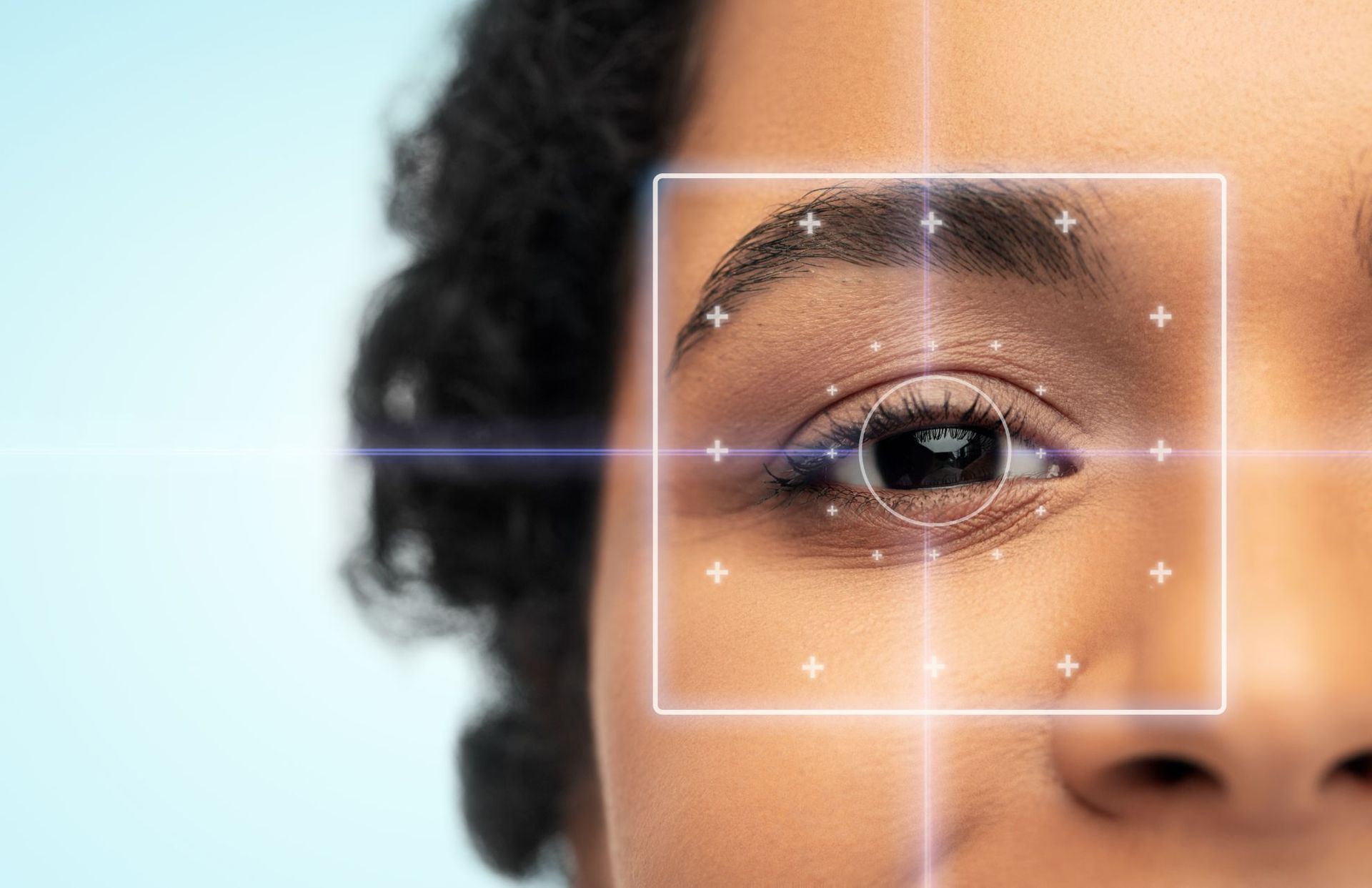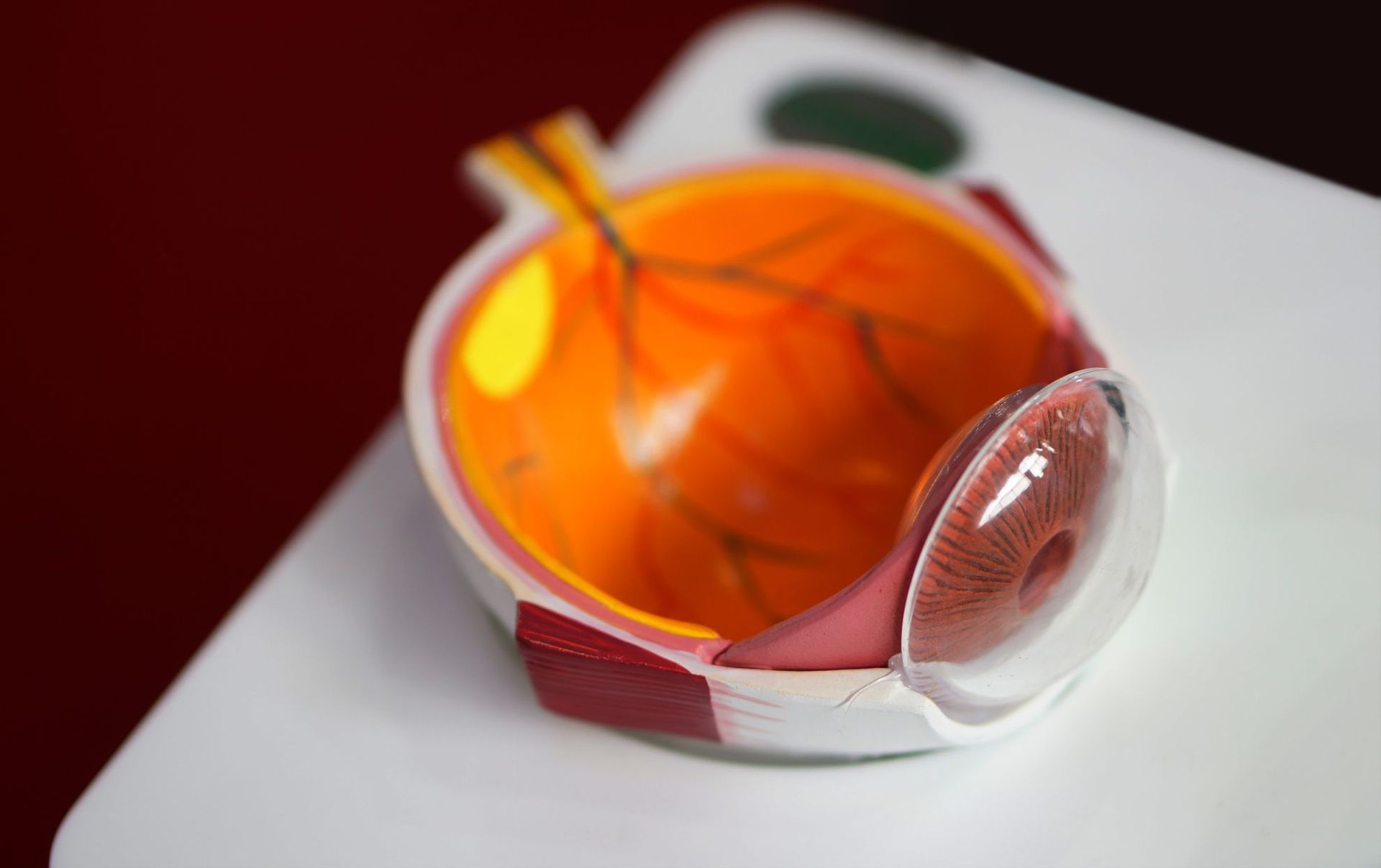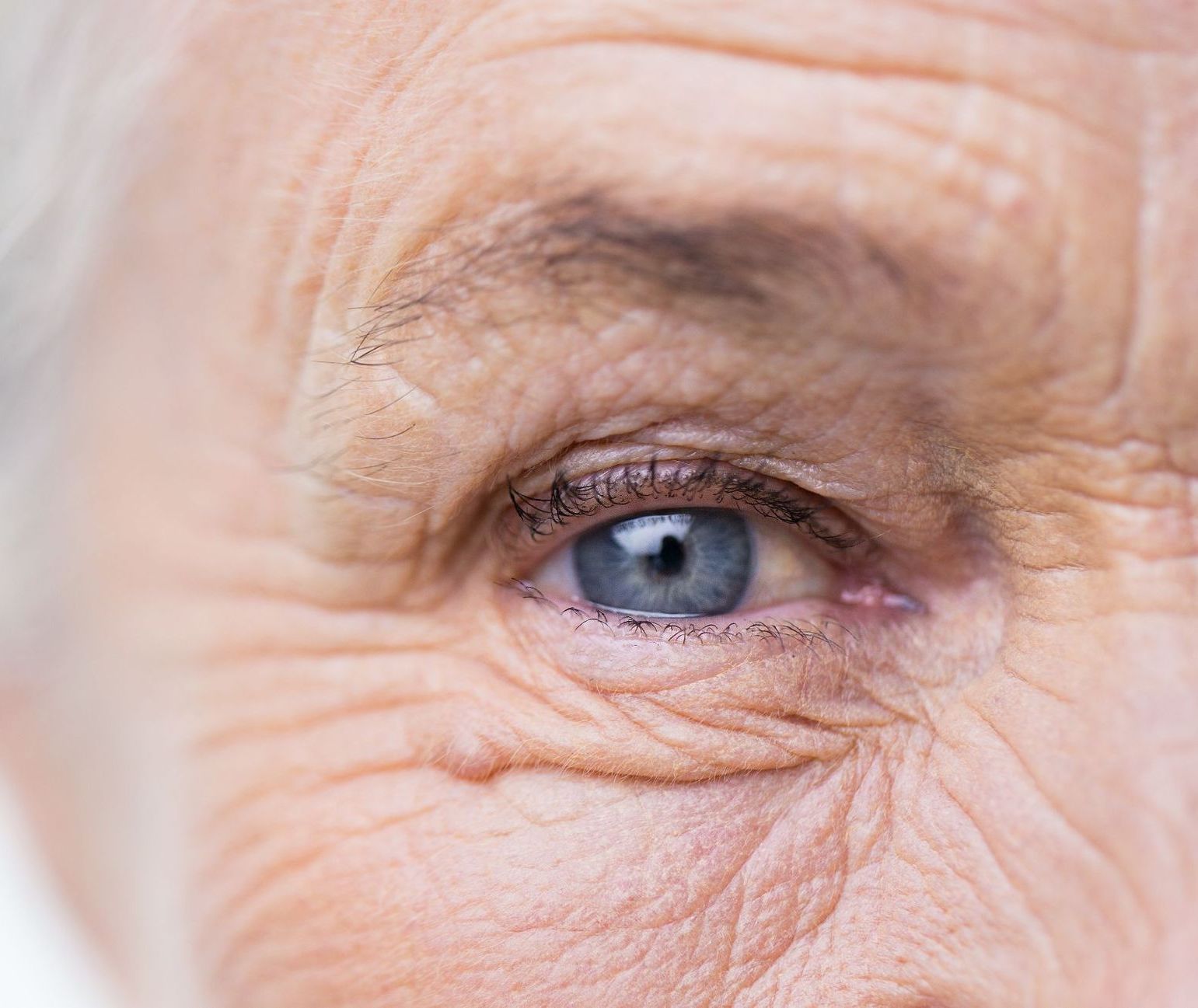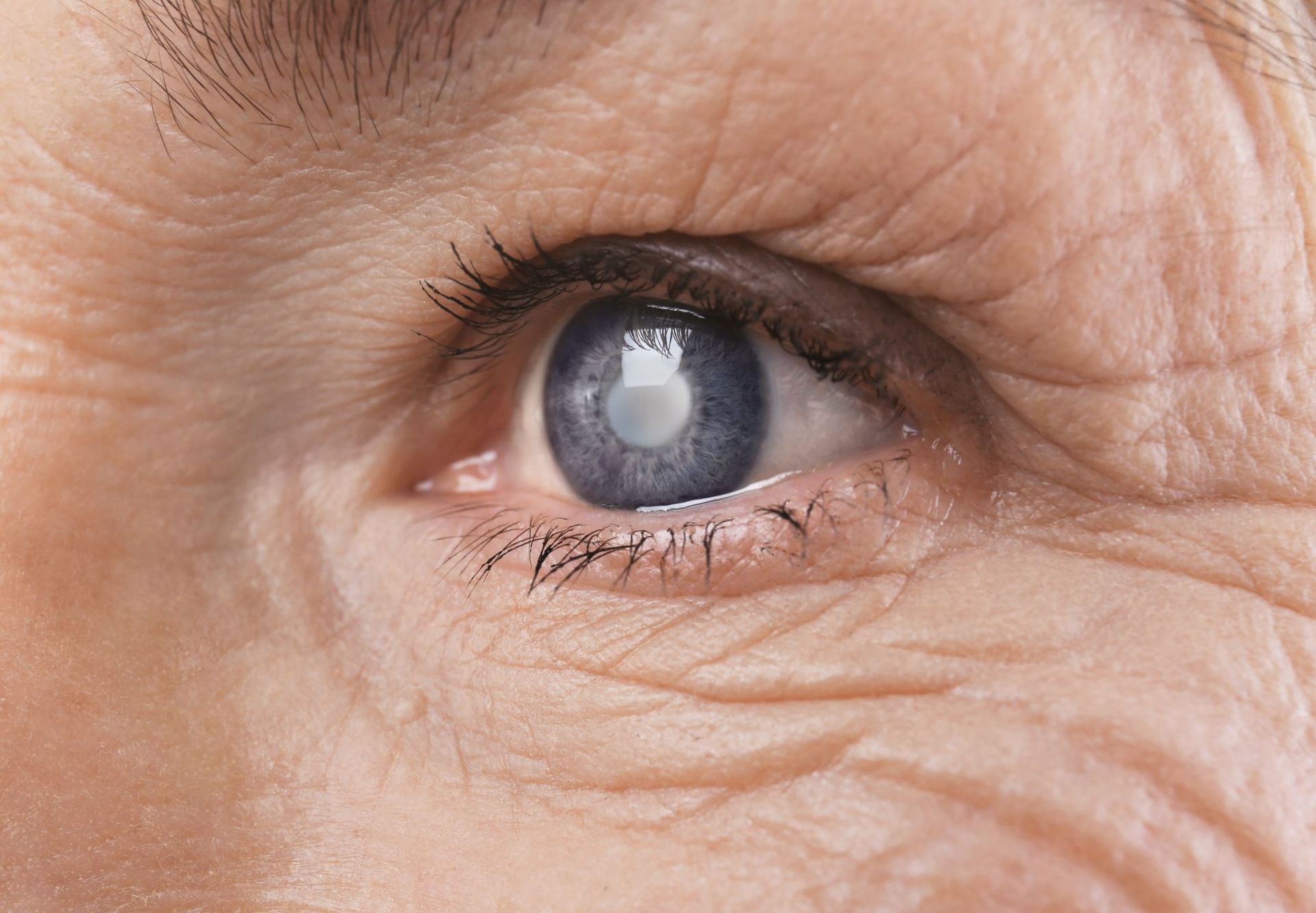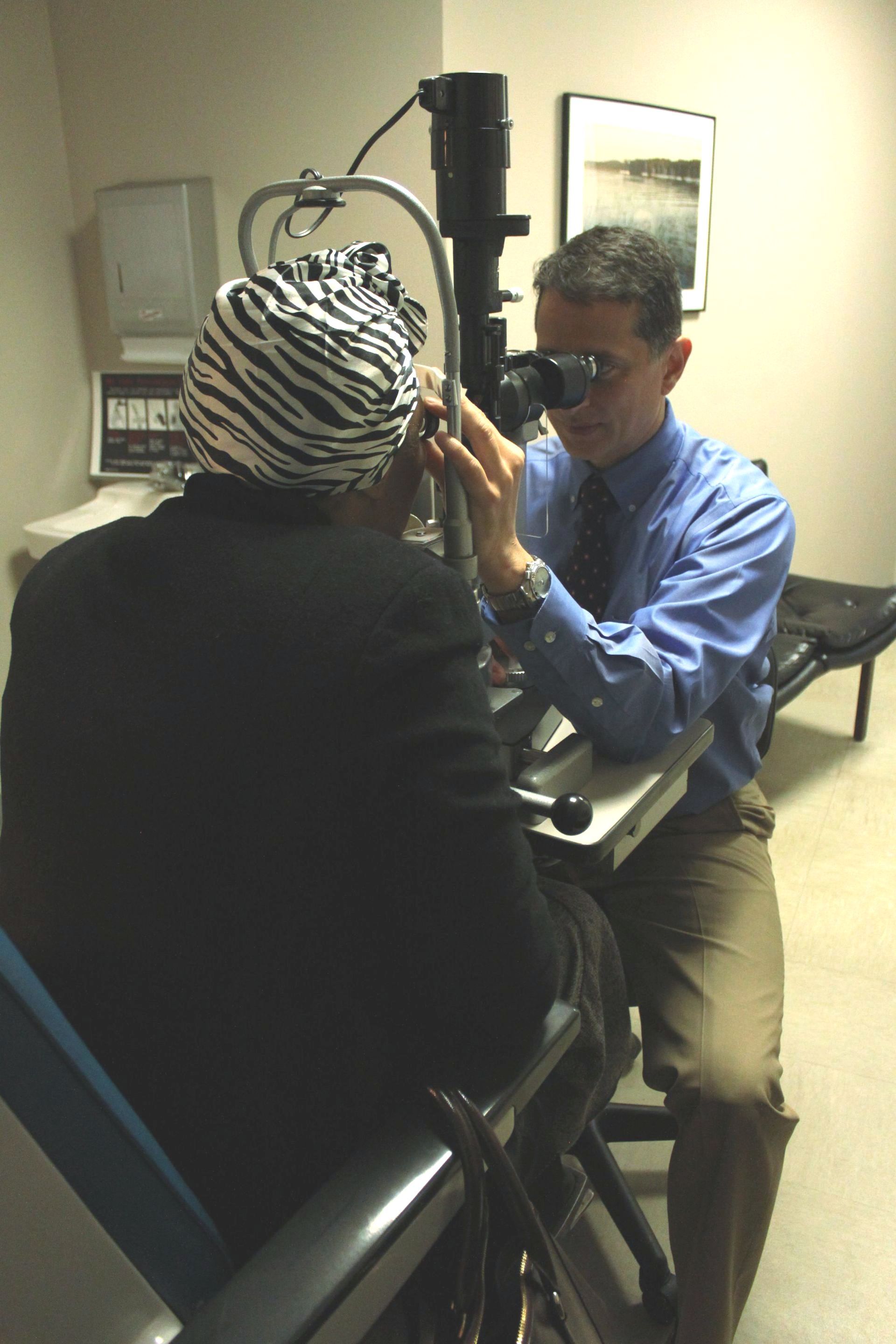Conditions Treated
Medical and Surgical Ophthalmology - Laurel, MD & Washington, D.C.
At Eye Care and Surgery, P.A., we specialize in treating a variety of eye conditions including diseases of the Retina, Glaucoma, Cataracts, and and Other chronic conditions of the eye. Our team of experienced ophthalmologists and highly trained staff provide personalized care to help stabilize these various eye conditions to preserve your vision. Learn more about some of the more common conditions we treat below.
Diabetic Retinopathy
Diabetic retinopathy is a common eye condition that affects individuals with long-standing or poorly controlled diabetes mellitus. It is caused by damage to the blood vessels of the retina due to high blood sugar levels. If left untreated, it can lead to permanent vision loss. It is the leading cause of blindness in working-age adults.
Overall, effective diabetes management, control of blood pressure and cholesterol levels, regular eye examinations, and timely intervention are essential in reducing the risk of diabetic retinopathy and preserving vision. Learn more about managing diabetes from the CDC.
Macular Degeneration
Macular degeneration, also known as age-related macular degeneration (AMD), is a progressive eye disease that primarily affects older adults and is a leading cause of vision loss for Americans aged 65 years and older. It damages the macula which is responsible for central vision. There are two main types: dry AMD, which involves thinning of the macula, and wet AMD, which involves the growth of abnormal blood vessels beneath the macula. Risk factors include age, family history, smoking, obesity, and cardiovascular disease. Symptoms include blurred or distorted central vision, difficulty seeing in dim light, decreased color perception, and dark spots in the central vision. Diagnosis involves a dilated eye exam with specialty testing. Treatment options depend on the type of macular degeneration. Management of the dry type includes a focus on lifestyle changes, specialized vitamin use, and home monitoring for changes. For the wet type, injections of medications into the eye (intravitreal injections) are required to control the disease. Management of patients with severe disease require supportive measures to improve quality of life.
Flashes & Floaters
Flashes
Flashes are sometimes described as brief streaks of lightning or brief lights in your visual field. Flashes in one or both eyes can occur when the gel in the eye (vitreous) pulls on the retina. Retinal tears and detachments can begin with seeing flashes. Since untreated retinal tears and detachments can lead to permanent loss of vision, it is important to be seen by an ophthalmologist immediately if you see any flashes.
Floaters
Floaters can look like small dots, circles, lines, or cobwebs in your field of vision. Often floaters are noticed increasingly with age but they can be associated with retinal tears or detachments. Since untreated retinal tears and detachments can lead to permanent loss of vision, it is important to be seen by an ophthalmologist immediately if you see any floaters.
Glaucoma
Glaucoma is a serious eye condition characterized by optic nerve damage and often increased intraocular pressure. Without treatment, it can lead to vision loss. Regular eye exams are crucial for early detection. Glaucoma progresses slowly and often silently. There are different types of glaucoma, each with unique characteristics, causes, and risk factors. Symptoms may include blurry vision, eye pain, headaches, and halos around lights.
Treatment aims to reduce intraocular pressure and prevent optic nerve damage. Options include eye drops, laser trabeculoplasty, and surgical interventions.
Prevention and early intervention are vital. Regular eye exams, especially for those with a personal or family history, are essential. Glaucoma has a significant global impact, with millions affected and it being a leading cause of blindness. Ongoing research seeks to improve diagnostics, treatments, and quality of life.
Glaucoma requires regular monitoring and appropriate treatment. Early detection and proper management with an emphasis on compliance with the treatment plan are crucial. Consulting healthcare professionals like our specialists and staying informed about advancements in glaucoma care are key for optimal eye health.
Cataracts
Cataracts are a common eye condition characterized by the clouding of the eye's natural lens leading to vision impairment. They often develop slowly and are associated with aging, although other factors such as genetics, eye trauma, medical conditions like diabetes mellitus, certain medication use, and lifestyle choices can contribute to their development.
Symptoms include blurry or cloudy vision, sensitivity to light, poor night vision, color changes, double vision, and frequent changes in prescription. Treatment for visually significant cataracts involves cataract surgery.
Schedule a consultation with our eye care professionals for a preoperative cataract evaluation.
Other Pathologies of the Eye
- Blurred vision without a known cause
- Macular puckers
- Retinal tears
- Posterior vitreous detachments
- Myopic (nearsighted) degenerative changes of the eye
- Ischemic retinopathies like (Sickle cell eye disease)
- Screening for retinal toxicities (as with Plaquenil / Hydroxychloroquine use)
- Vision loss associated with Strokes / Cerebrovascular disease
- The after-effects of endophthalmitis (intraocular infections)
- Retinal vascular occlusive disease (Retinal Vein Occlusions and Retinal Artery Occlusions)
- Hereditary conditions of the retina (as with Retinitis Pigmentosa)

